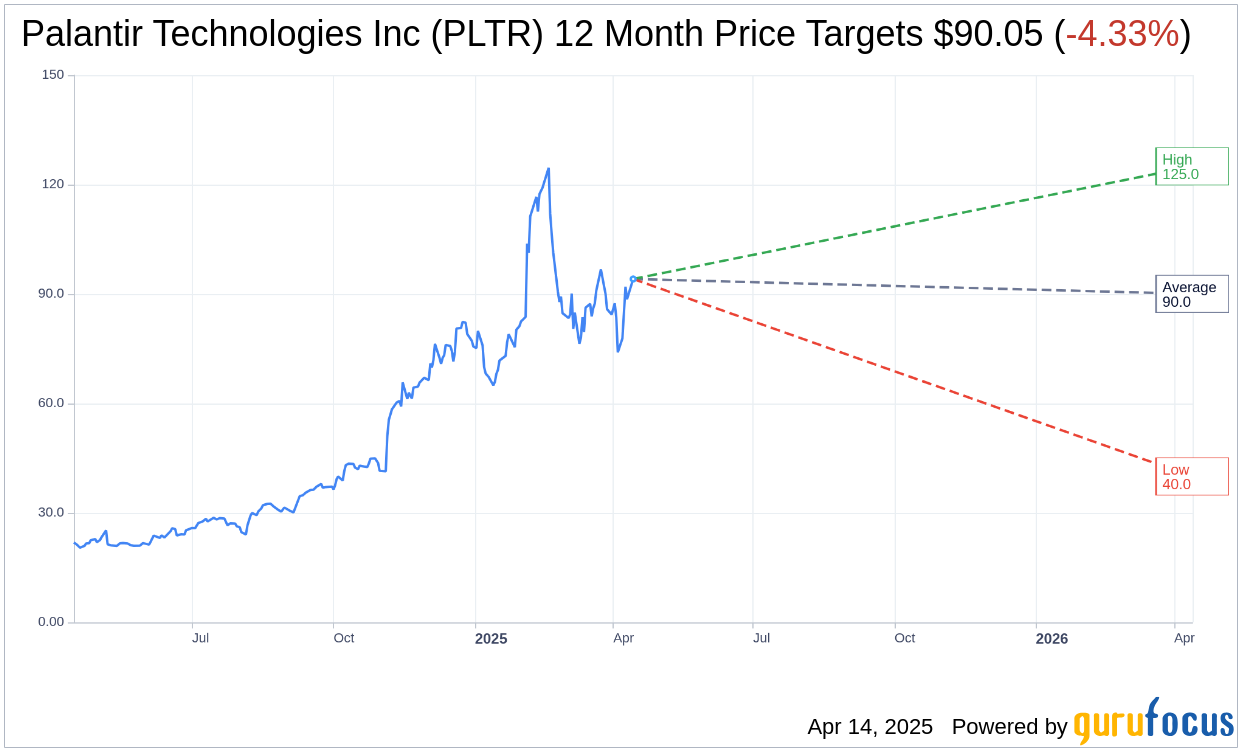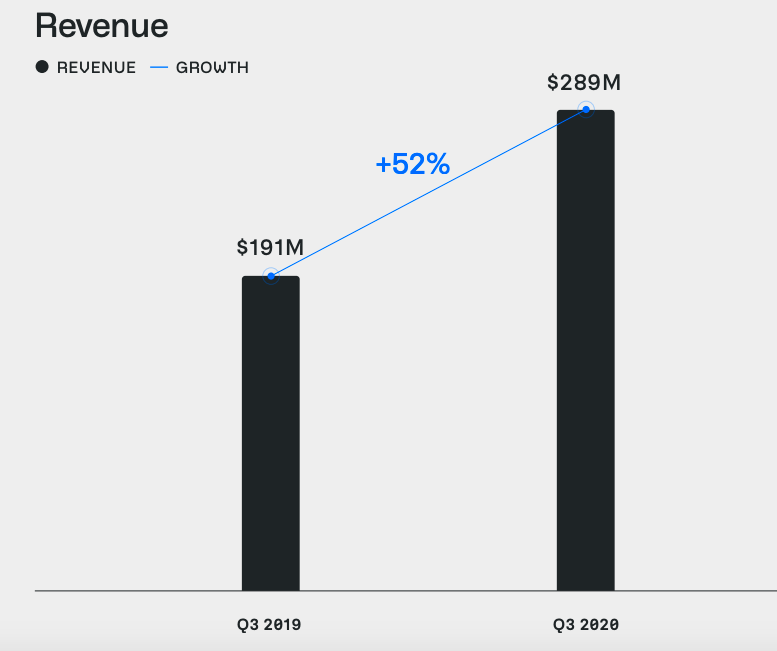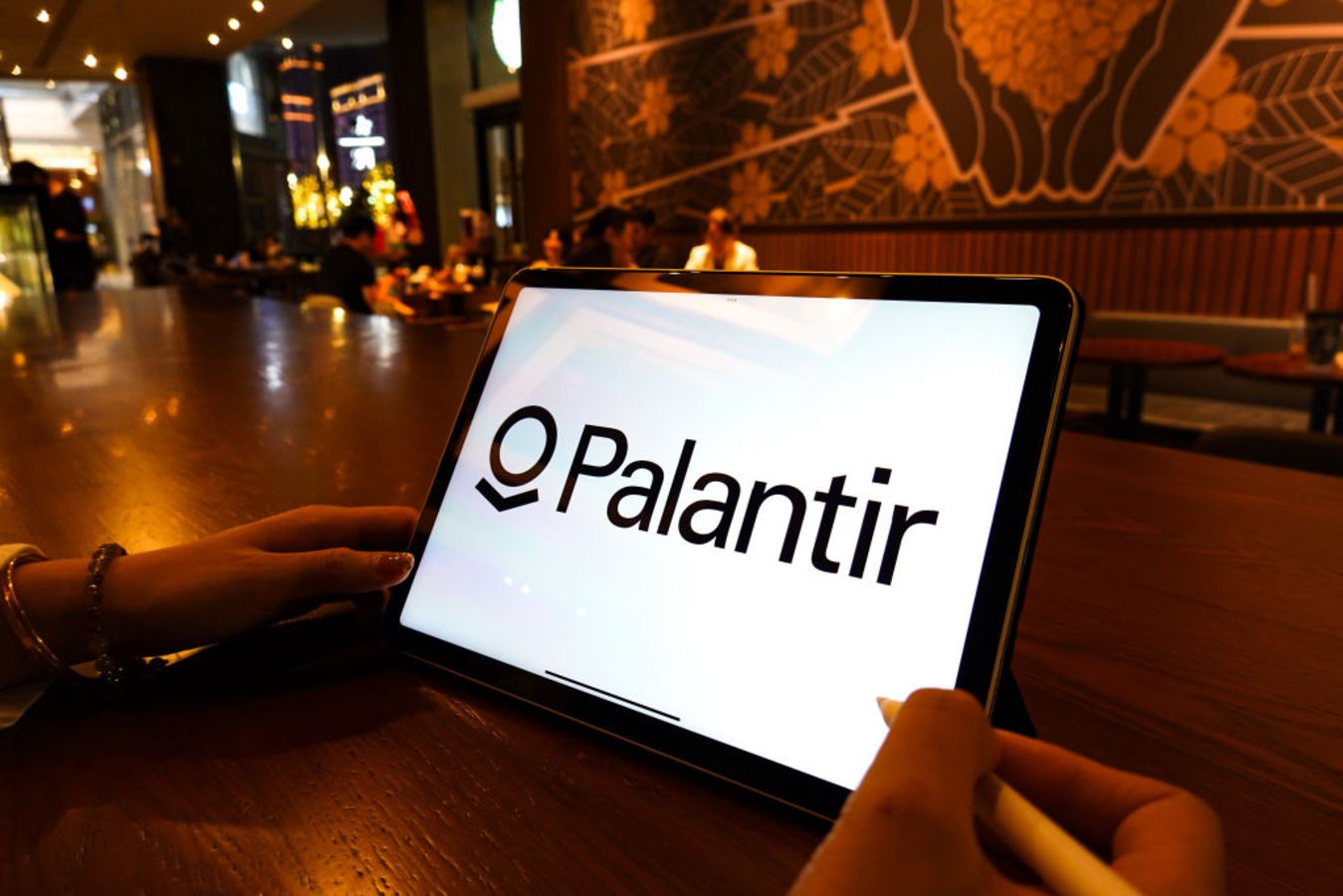AI In The Public Sector: The Significance Of Palantir's New NATO Agreement

Table of Contents
Enhanced Data Analysis and Intelligence Gathering
The core of Palantir's value proposition lies in its ability to process and analyze massive datasets. This capability is particularly crucial for organizations like NATO, which must manage a vast influx of information from diverse sources.
Streamlining Intelligence Operations
Palantir's Gotham platform is designed for precisely this purpose. It allows NATO to integrate data from various sources – intelligence reports, satellite imagery, social media feeds, and more – into a unified, easily searchable system. This significantly improves intelligence gathering and threat assessment.
- Faster identification of emerging threats: By identifying patterns and anomalies in large datasets, Gotham enables faster threat detection, providing NATO with a crucial time advantage.
- Improved predictive policing capabilities: Analyzing historical data allows for more accurate predictions of potential threats and helps allocate resources more effectively.
- Better resource allocation for crisis response: Real-time data analysis aids in optimizing resource deployment during crises, maximizing effectiveness and minimizing losses.
Gotham's data fusion capabilities are key to its success. It can connect seemingly disparate datasets – for example, financial transactions, communication records, and geolocation data – to reveal hidden connections and patterns that might otherwise go unnoticed, providing a more complete and nuanced understanding of potential threats.
Improving Situational Awareness
Real-time data analysis is crucial for effective decision-making in complex, rapidly evolving situations. Gotham's near real-time data visualization capabilities provide NATO with a comprehensive understanding of unfolding events, facilitating quicker, more accurate responses.
- Improved crisis management: Real-time insights enhance the speed and effectiveness of crisis response, minimizing damage and casualties.
- More effective military operations: Accurate, up-to-the-minute information improves the precision and efficiency of military operations.
- Better preparedness for cyber threats: Continuous monitoring of network activity allows for the proactive identification and mitigation of cyber threats.
The ability to visualize complex data in near real-time allows decision-makers to understand the bigger picture and make informed choices swiftly, contributing to improved situational awareness and better outcomes.
Improved Cybersecurity and Threat Detection
In today's interconnected world, cybersecurity is paramount. Palantir's AI-powered tools offer NATO a significant boost in its cyber defense capabilities.
Proactive Cyber Defense
Palantir's platform utilizes machine learning algorithms to identify anomalous network activity, predict potential vulnerabilities, and proactively mitigate cyber threats.
- Early warning systems for cyberattacks: AI-powered threat detection systems provide early warnings of potential cyberattacks, allowing for prompt response and mitigation.
- Improved incident response capabilities: The platform helps streamline incident response by automating tasks and providing a centralized view of the situation.
- Reduced vulnerability to cyber espionage: Enhanced security measures help protect sensitive data from unauthorized access and theft.
Machine learning algorithms play a crucial role in identifying subtle patterns and anomalies that might indicate malicious activity, allowing for the proactive detection and prevention of cyberattacks.
Strengthening Information Security
Beyond threat detection, Palantir's solutions contribute to a stronger overall information security posture for NATO.
- Enhanced data encryption: Protecting sensitive data through robust encryption methods is paramount.
- Improved access control: Stricter access control measures help prevent unauthorized access to sensitive information.
- Robust security auditing: Regular security audits help identify and address potential vulnerabilities.
AI can automate many security tasks, such as log analysis and vulnerability scanning, freeing up human analysts to focus on more complex issues and improving overall human oversight.
Implications for the Broader Public Sector
The Palantir-NATO agreement holds significant implications for the broader public sector. The success of this partnership demonstrates the potential for AI to transform various public services.
Increased Efficiency and Cost Savings
The application of AI in areas like healthcare, education, and social services can lead to significant efficiency gains and cost savings.
- Automation of routine tasks: AI can automate many routine tasks, freeing up human workers to focus on more complex and rewarding responsibilities.
- Improved resource allocation: Data-driven insights can help optimize resource allocation, ensuring that resources are used efficiently and effectively.
- Reduced administrative overhead: Automation of administrative tasks can significantly reduce overhead costs.
The potential for streamlining processes and reducing costs through AI adoption makes it a compelling proposition for numerous public sector organizations.
Ethical Considerations and Data Privacy
The widespread adoption of AI in the public sector raises crucial ethical concerns. Data privacy and algorithmic bias are particularly important considerations.
- Need for robust data protection regulations: Strong regulations are necessary to ensure the protection of sensitive personal data.
- Ensuring algorithmic transparency and fairness: AI algorithms must be transparent and free from bias to ensure fair and equitable outcomes.
- Addressing potential biases in AI systems: Careful attention must be paid to identifying and mitigating potential biases in AI systems.
Responsible AI development and deployment are crucial for ensuring that these powerful technologies are used ethically and beneficially.
Conclusion
The Palantir-NATO agreement represents a significant milestone in the adoption of AI in the public sector. By leveraging Palantir's advanced AI capabilities, NATO can significantly enhance its intelligence gathering, improve cybersecurity, and strengthen its overall operational effectiveness. The success of this partnership has significant implications for other public sector organizations worldwide, highlighting the transformative potential of AI to improve governance, enhance public services, and address pressing global challenges. However, it's crucial to address the ethical concerns surrounding data privacy and algorithmic bias to ensure responsible and equitable implementation of AI solutions. Further exploration into the implications of AI in the public sector, particularly regarding its future applications and ethical considerations, remains vital. Investing in understanding and responsibly implementing public sector AI is crucial for a more efficient and equitable future.

Featured Posts
-
 Is Palantir Technologies Stock A Buy Now A Comprehensive Analysis
May 09, 2025
Is Palantir Technologies Stock A Buy Now A Comprehensive Analysis
May 09, 2025 -
 The Bubble Blasters And Other Chinese Goods Paralyzed By Trade Chaos
May 09, 2025
The Bubble Blasters And Other Chinese Goods Paralyzed By Trade Chaos
May 09, 2025 -
 Doohans F1 Fate Montoya Speaks Out
May 09, 2025
Doohans F1 Fate Montoya Speaks Out
May 09, 2025 -
 9 Maya Vladimir Zelenskiy Bez Podderzhki Soyuznikov
May 09, 2025
9 Maya Vladimir Zelenskiy Bez Podderzhki Soyuznikov
May 09, 2025 -
 Palantir Stock Down 30 Is This A Buying Opportunity
May 09, 2025
Palantir Stock Down 30 Is This A Buying Opportunity
May 09, 2025
Latest Posts
-
 Parad Pobedy Bez Gostey Zelenskiy V Odinochestve Na 9 Maya
May 09, 2025
Parad Pobedy Bez Gostey Zelenskiy V Odinochestve Na 9 Maya
May 09, 2025 -
 Mezhdunarodnaya Izolyatsiya Zelenskogo Posledstviya Dlya Ukrainy 9 Maya
May 09, 2025
Mezhdunarodnaya Izolyatsiya Zelenskogo Posledstviya Dlya Ukrainy 9 Maya
May 09, 2025 -
 Pakistan Economic Crisis Imf Review Of 1 3 Billion Loan And Latest News
May 09, 2025
Pakistan Economic Crisis Imf Review Of 1 3 Billion Loan And Latest News
May 09, 2025 -
 9 Maya Vladimir Zelenskiy Bez Podderzhki Soyuznikov
May 09, 2025
9 Maya Vladimir Zelenskiy Bez Podderzhki Soyuznikov
May 09, 2025 -
 Makron I Tusk Podpisanie Vazhnogo Dogovora Mezhdu Frantsiey I Polshey
May 09, 2025
Makron I Tusk Podpisanie Vazhnogo Dogovora Mezhdu Frantsiey I Polshey
May 09, 2025
